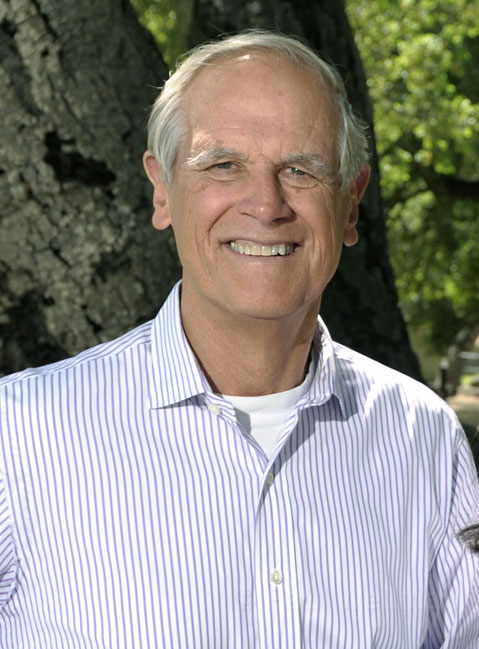
For Gary Hart, Santa Barbara’s most influential Sacramento representative for two decades, there’s a good reason why the state capitol evolved into a political clown show.
“Term limits have been a disaster,” he says of the 1990 initiative that now prohibits long legislative careers like his. “Legislators now do not focus as much on the policy work as on the musical chairs of political work — ‘What’s the next office I’m going to run for?’”
A policy wonk in winter, the 68-year-old Hart was just elected board chair of the nonprofit Public Policy Institute of California (PPIC), the state’s most prominent think tank devoted to Sacramento politics and policy. The independent and nonpartisan San Francisco–based organization produces a steady stream of statewide surveys and original research that introduce high-quality, neutral information into the fog of partisanship and ideology routinely shaping decision-making in the Capitol.

The gig is a natural fit for Hart, who earned a reputation as an honest broker on public policy while serving as a Central Coast legislator from 1974-94. Long on substance if short on style, he enjoyed credibility among Republicans and fellow Democrats alike, largely because of his knowledge and mastery of the intricacies of education issues.
“To overcome gridlock, you need a handful of legislators able to get beyond their own constituencies and ideology,” he said. “The people I represented in Santa Barbara and Ventura County were an engaged citizenry who gave me the latitude to do that.”
Hart graduated from Santa Barbara High and Stanford (on a football scholarship after playing wide receiver and defensive back on the Don’s 1961 CIF championship team) and then the Harvard Graduate School of Education before returning home and “bouncing around as an itinerate teacher” at Laguna Blanca, SBHS, SBCC, and UCSB.
He entered politics as an anti–Vietnam War activist in 1970; given little chance to oust incumbent Republican congressmember Charles Teague, he beat expectations with 42 percent of the vote. In the 1972 GOP landslide election, he narrowly lost an insurgent bid for the Legislature, campaigning as a George McGovern peace candidate. Fueled by Richard Nixon’s Watergate scandal two years later, Democrats swept races across the country, and Hart won the first of four Assembly terms, followed by 12 years in the State Senate.
In a business where “political integrity” can be an oxymoron, Hart was selected “most ethical legislator” by the prestigious California Journal; after authoring legislation on education issues from charter schools and child care to school restructuring and student testing, he gave up elective office in 1994 but kept working on policy, later serving as California’s appointed secretary for education and founding the Institute for Education Reform at CSU Sacramento.
“He’s the epitome of a public servant,” said Representative Lois Capps, adding that Hart was “a mentor and role model” for her and her late husband, representative Walter Capps, “when we first entered the world of politics.”
“Having been a leader on education policy in California for the better part of four decades, Gary has always understood that California’s public education system is what’s behind our state’s success,” she said. “He has dedicated his career to making sure that every child in California has access to a quality education.”
Among other activities in his new role, Hart will work with PPIC on a series of formal presentations of research findings, on issues from education and immigration to public finance and transportation, for administration officials and lawmakers of both parties.
As with its recent study of the perplexing and intractable issues involved in balancing agricultural, environmental, and urban user interests in state water policy, PPIC injects unbiased data and analysis into the bitterly polarized atmosphere of the Capitol.
“PPIC has the resources, independence, and credibility to set forth what’s at stake and move the discussion forward,” Hart said. “The goal is to have a positive influence on decision making and a better-informed citizenry.”
IN OTHER NEWS: With the volatile issue of wealth inequality spotlighted nationally by the Occupy Wall Street movement, the nonpartisan California Budget Project has issued a new report detailing how the state’s wealthiest one percent has benefited disproportionately from income gains of the last decade. “A Generation of Widening Inequality” is on the Web at cbp.org.



